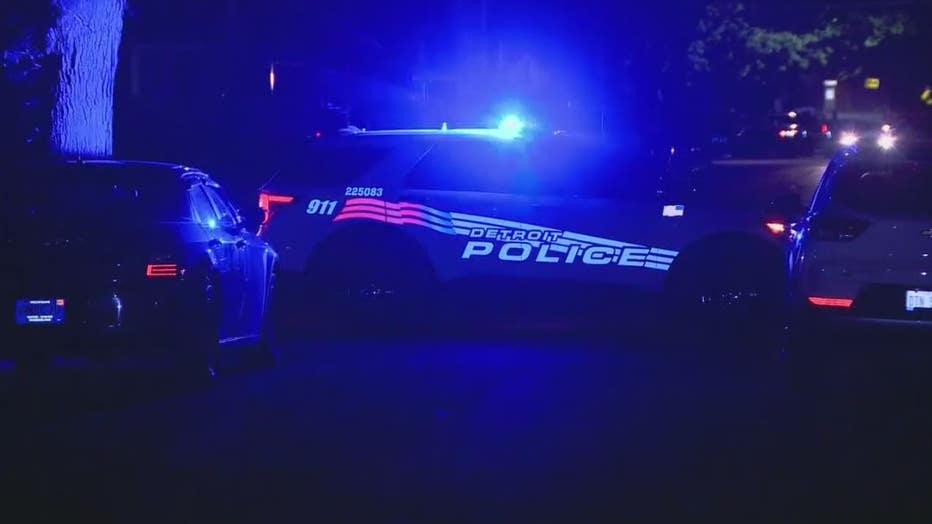Proposal would take state sales tax portion for local law enforcement

New proposal would take portion of sales tax to go toward local law enforcement
The Public Safety and Violence Prevent fund would send part of the state sales tax to the communities with the highest crime rates.
LANSING, Mich. (FOX 2) - In Michigan a new proposal would take part of the state sales tax would for the first time be diverted to beef up local law enforcement around the state based on the highest crime rates.
The Public Safety and Violence Prevent fund would send part of the state sales tax to the communities with the highest crime rates. If lawmakers approve it, the money can not be used to pay for current services.
"These funds cannot be used to replace current, existing dollars," said State Rep. Alabas Farhat (D-Dearborn). "These can be things like youth police academies, property checks, wellness checks, and engaging more in the community or partnering up with community nonprofits."
The dollars could also be used to beef up community policing efforts designed to let local residents get to know the cop on their beat. It could also be used to hire more detectives to work on more complex crimes.
And there is a component to hire more mental health experts. In one community one-third of all 911 calls deal with mental issues.
That situation is magnified in the City of Detroit.
"As of Monday, May 22, the Detroit Police Department received 6,137 mental health-related calls," said DPD Chief James White. "As opposed to last year at the same time, 5,455. We recognize that we cannot arrest our way out of crime."
Detroit Mayor Mike Duggan has taken criticism for an increase in crime in the city. He argues that part of the problem is COVID-19.
"For two years the criminal courts of this country were shut down because you couldn't put 12 jurors in a jury box because of Covid," Duggan said. "And all the people who committed crimes those two years, there was no accountability. They were on the street awaiting trial. And what we saw happen in city after city, is far more people are carrying guns today as a result, than we've ever seen before."
Once this gets moving in the legislature there will be some lawmakers from rural areas of Michigan who'll argue their areas are not getting any portion of this new program at all.
But Democratic Speaker Joe Tate has a response.
"This is a real opportunity, it is not only impacting those areas but across the state as well," he said.
Another potential problem is 73% of the sales tax goes to schools. And the education lobby may oppose this diversion of that tax to crime.
In other words, this is not a done deal by any means.


